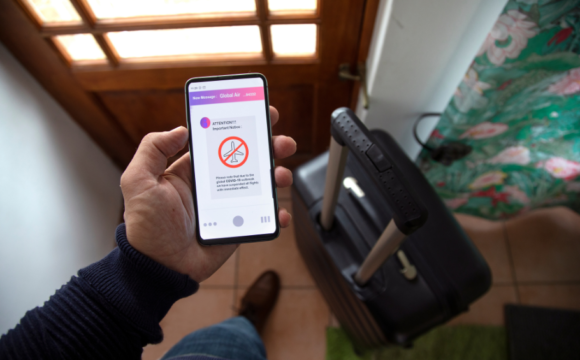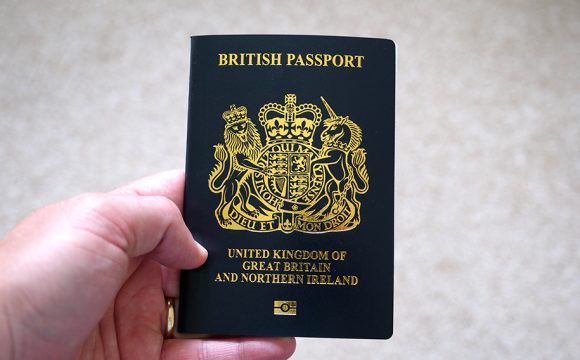The four-step essential check list was complied by iCarhireinsurance.com.
1. Excess Waiver Insurance
On arriving to pick up a hire car, a rental company will try to sell a range of extra products and services on top of the rental cost. The most expensive of these is excess waiver insurance which protects a hirer from having to pay the excess if the hire car is damaged or stolen, which can be as much as £2,000.
These excess fees have been steadily rising across Europe, according to iCarhireinsurance.com’s quarterly study on car hire costs. Buying this from a specialist insurance company, like iCarhireinsurance.com, before you travel costs from £2.99 a day or £41.99 for an annual policy. If you wait until you arrive to pick up the car, and wish to avoid being exposed to excess charges, you will have no choice but to buy the rental company’s insurance, which costs around £15 to £20 per day. A separate excess policy might also be required for tyre and windscreen damage. Purchasing both policies will add around £150 to a week’s rental.
If a consumer chooses not to buy the rental company’s excess waiver policies they will usually need to leave the excess amount either in cash, or more usually on a credit card.
2. Check the Vehicle and Take Photos of Damage
To avoid unfair damage charges, car hirers should check vehicles thoroughly at pick-up and take photos of any existing damage on the vehicle. A 2018 Opinium survey, commissioned by iCarhireinsurance.com, found that one in five (21%) hire car drivers found damage on a hire car which was not highlighted on the checkout sheet.
3. Fourteen Day Rule
To contest a damage claim made by a rental company, the hirer should query it within fourteen days with the company. If a satisfactory outcome is not reached, complaints can be directed to the BVRLA in the UK, whose members are expected to adhere to its mandatory Codes of Conduct, or the European Car Rental Conciliation Service (ECRCS), which also offers a free service to help with unresolved complaints. The ECRCS’ member companies are bound by the decision reached by the conciliation service and include Avis, Alamo, Budget, Europcar, Hertz, National Car Rental, Sixt, Firefly and Enterprise. Unfortunately, there is no equivalent body in the US.
Also in Europe, the European Consumer Centres Network (ECC-Net) will advise consumers on their rights and assist with complaint handling.
4. Use a Credit Card
Finally, use a credit card to pay for car hire and make it the main driver’s if possible. This protects the consumer under Section 75 of the Consumer Credit Act 1974, making the credit card company jointly and severally liable for any breach of contract or misrepresentation by the retailer or trader.
















